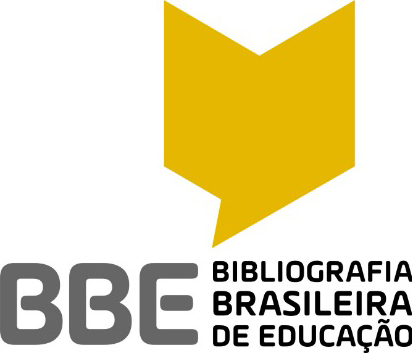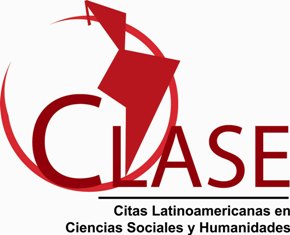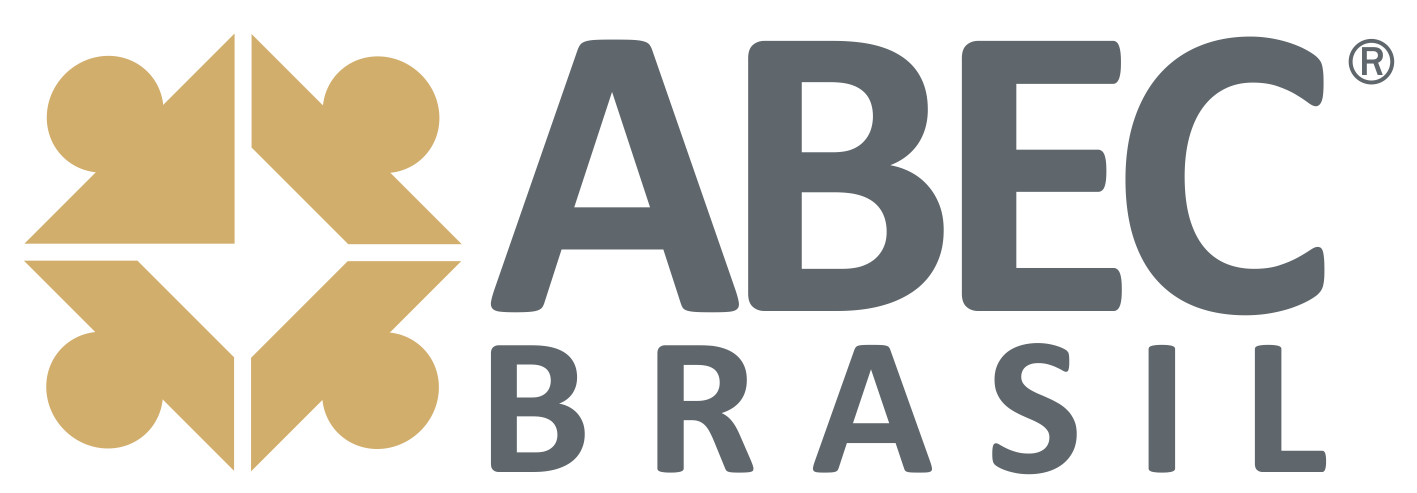A formação do professor pedagogo: história, enfrentamentos e perspectivas
DOI:
https://doi.org/10.22169/revint.v17i40.2282Resumen
Resumem: year to analyze the new organization of pedagogical work in the public school, I observe that there has been a replacement of supervisors, counselors and administrators (known as educational specialists) by unit pedagogue or by Professor Pedagogo. As of 2004/2005, the figure of Professor Pedagogo was appointed as Secretary of State for Educação do Paraná (Seed-PR). To adoção ocorre in virtue of substitution to the previous model. As such, this professional becomes responsible for the entire articulation of the non-internal pedagogical process of the school. In this sense, the objective research is to analyze the relationship between the training field (carried out by the Unicentro Pedagogy Course) and the training field (represented by the state schools and the Regional Pedagogical Team). For isso, a qualitative research explores techniques that are traditionally associated with ethnography (participant observation, interview and document analysis), being carried out with a pedagogical team of the regional nucleus and of state schools. Also, the collected data are analyzed in the legislative context. I verified that the implantation / substitution of the attributes of Professor Pedagogo is being carried out in a gradual way as of 2004. Another aspect raised and in relation to the assessment of how this implementation is working, well, it makes sense, it is still partial. Therefore, the investigation allows to elucidate and commit to the need to guide the Pedagogy Courses, so that they attend to the devices of the National Council of Education, instituted by the Curricular Guidelines, as well as recommending the formation of pedagogy in Docência e Gestão Escolar, being characteristics of "Novo" Professor Pedagogo.
Palabras-clave: Trabajo pedagógico; Profesor pedagogo; Pedagogía; Educación básica; Formación.
Descargas
Descargas
Publicado
Cómo citar
Número
Sección
Licencia
Os direitos autorais dos artigos publicados na Revista são de acordo com a licença CC-BY-ND - Creative Commons ( https://creativecommons.org/licenses/by-nd/4.0/legalcode)
Esta licença permite que outras pessoas reutilizem o trabalho para qualquer finalidade, inclusive comercialmente; no entanto, não pode ser compartilhado com outras pessoas de forma adaptada e o crédito deve ser fornecido ao autor.
Os direitos autorais dos artigos publicados na Revista são do autor, com os direitos de primeira publicação para a Revista





























